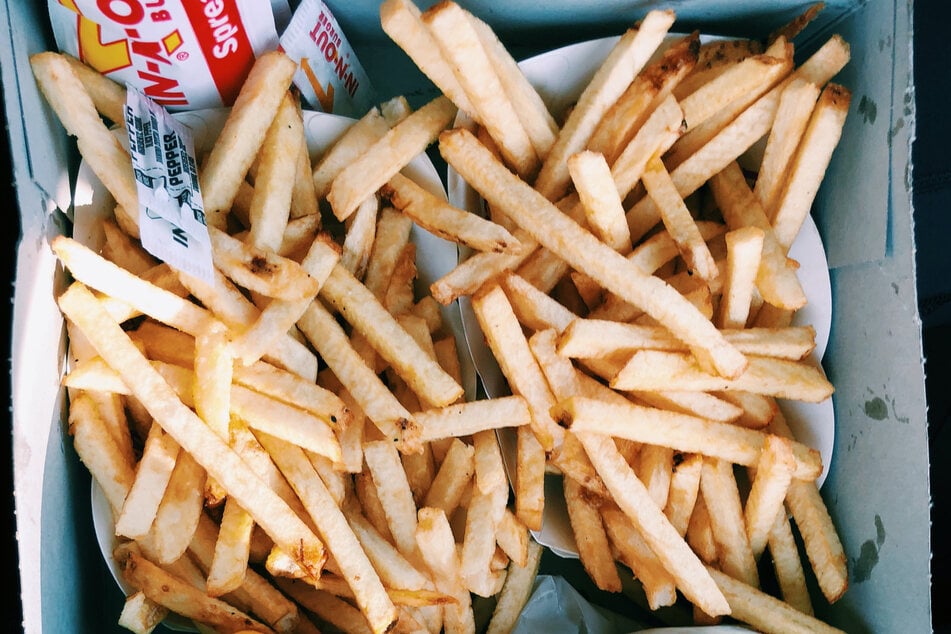New study finds snacks could be as addictive as smoking and drinking
London, UK - Snacks and sweets can cause cravings similar to those caused by alcohol and cigarettes, according to scientists in Brazil, Spain, and the US.

Framing processed junk food as "addictive substances" could be needed to address health-related concerns, according to the findings, which were published by the British Medical Journal (BMJ).
The need is likely greatest in countries where obesity and related diseases such as diabetes are on the increase.
The researchers pointed out that not only is the "reported prevalence" of addiction similar to that of alcohol and tobacco, but it even surpasses it when it comes to people classed as obese or as binge-eaters.
The level of "implied" junk food addiction in children, who are too young to purchase alcohol legally and usually too young to buy cigarettes, was described by the researchers as "unprecedented," suggesting it could exceed the levels of addiction to smoking and booze seen in affected adults.
What makes junk food so addictive?
Junk food appears to lead to a dopamine rush, similar to the buzz effects of nicotine and alcohol, sharpening the cravings and withdrawal symptoms felt by addicts.
Industrially-produced food with "high levels of refined carbohydrates or added fats, such as sweets and salty snacks," appear to produce the worst cravings, going by data gathered for the Yale Food Addiction Scale (YFAS), which lists "11 symptom criteria for substance use disorder," with the presence of 2 enough for someone to be deemed to have a substance abuse problem.
Research published earlier in 2023 estimated that around 1 in 5 Britons were hooked on junk food, while another study by Harvard University suggested women were more inclined to be snack addicts than men.
Cover photo: Unsplash/@amgee88
